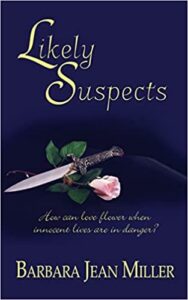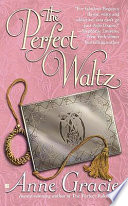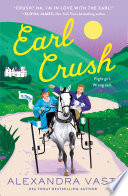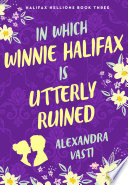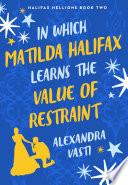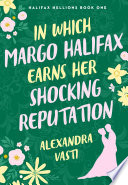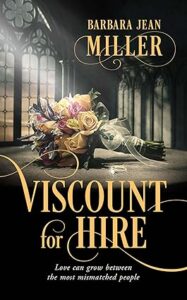
Essays on various subjects, principally designed for young ladies (1810) Hannah More
Hannah More (1745-1833) would eventually be known as a thought leader of evangelical, producing plays, poetry, and later non fiction treatise on a range of moral, religious and political topics. As a leading member of the Blue Stockings Society, she was an active campaigner against the slave trade, and dedicated to the expansion of education of women.
One of five daughters, Hannah was “acknowledged as the cleverest” (Hannah More, 1888 by Charlotte Mary Yonge). At 12, she attended the Bristol School for Young Ladies, managed by her elder sister Mary, and where Hannah herself would later teach. According to biographer Marlon Harland (1900):
It is then no surprise that she captured the interest of elderly Mr. Turner, whose engagement to Hannah was suspended three times over six years until finally declared over. Although Mr. Turner offered Hannah an annuity for her suffering, she rejected him with great dignity (Hannah More, Marlon Harland). Hannah later was persuaded to accept a £200 annuity from Turner and was remembered in his will to the tune of £1000 (http://www.regencyhistory.net/2012/07/hannah-more-1745-1833.html). There have been some claims this annuity was offered as compensation for a nervous breakdown suffered by Hannah More at the dissolution of the engagement (http://spartacus-educational.com/REmoreH.htm).
The income enabled More to focus on her passion of poetry, plays and philanthropy. She resolved to never marry, and instead devote herself to her studies and writing, despite being offered marriage on at least one more occasion (Hannah More, Marlon Harland), including from the poet John Langhorne (http://spartacus-educational.com/REmoreH.htm).
In her lifetime, Hannah More saw three plays produced including The Inflexible Captive, Percy and The Fatal Falsehood. Percy was the greatest success, earning More nearly £600 (http://spartacus-educational.com/REmoreH.htm). Following these dramatic successes, in 1777 More published Essays on Various Subjects, Principally Designed for Young Ladies which provided moral guidance on a number of topics and stressed education for young women.
In 1782, she published Sacred Dramas a collection of poetry that would be followed b y other prose including Florio. These were followed by Thoughts on the Importance of the Manners of the Great to General Society (1788), and An Estimate of the Religion of the Fashionable World (1790). It was during this time, in 1785, that she bought a house in northern Somerset where she and her sister Martha settled into rural life. As the new century dawned, More would begin to churn out many tomes on ethics and religion including: Strictures on the Modern System of Female Education (1799), Hints towards Forming the Character of a Young Princess (1805), Coelebs in Search of a Wife (only nominally a story, 1809), Practical Piety (1811), Christian Morals (1813), Character of St Paul (1815), Moral Sketches (1819). Her life in the country, as well as her upbringing, inspired More and her sisters to continue to establish schools for the poor throughout the countryside.
On her death in 1833, More left more than £30,000 pounds sterling to religious societies and charities (http://www.brycchancarey.com/abolition/more.htm).
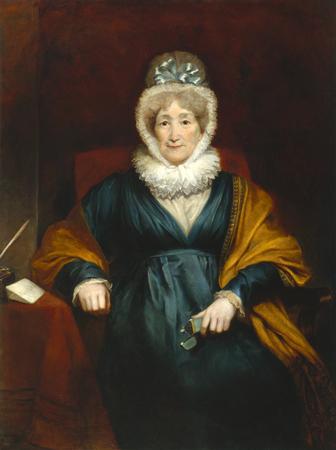
For more information:
Hannah More: The First Victorian (2003) Anne Stott

